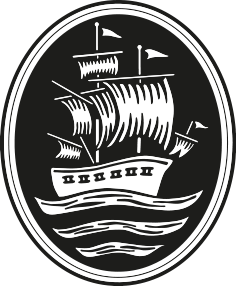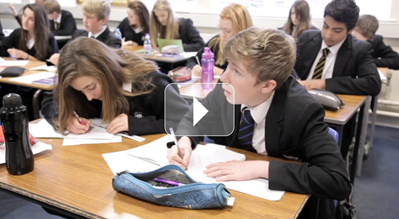- Click here for our recent Ofsted report Student Absences Sixth Form applications now open Support for Parents RAAC Statement
- Follow us on Twitter to see our latest news and announcements @Howard_news
- Find information about the New Home for The Howard project and the new school plans by clicking here
Welcome
Our aim of ‘Bringing out the Best’ applies to every one of our students, from Year 7 to Year 13, in all aspects of their development including the academic. We are proud of our school, where staff and students enjoy working and achieving together.
Click the image to see our video showing our school in action.
Read more


